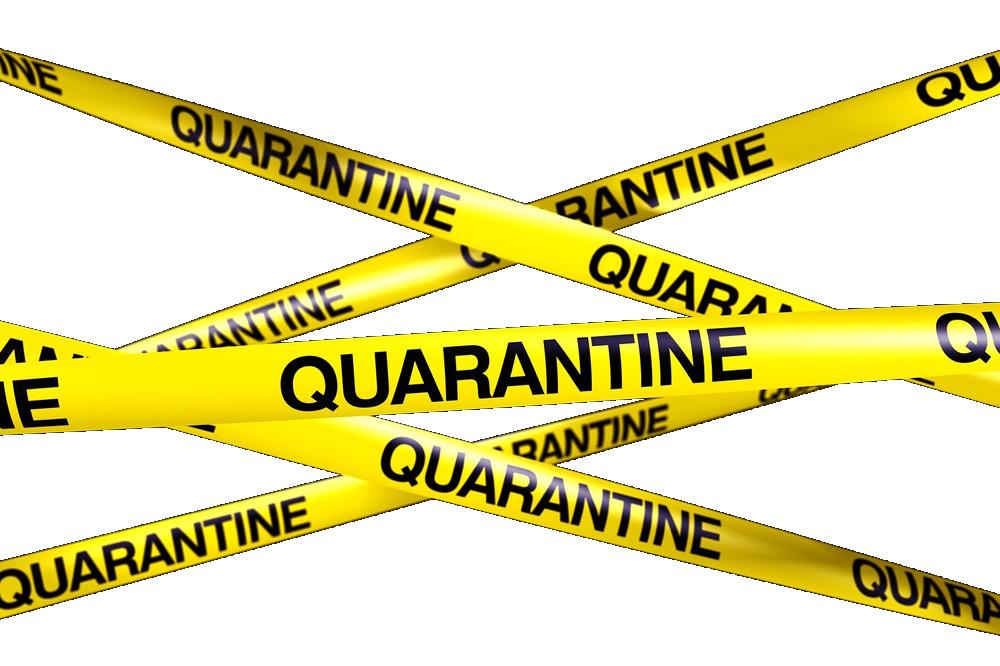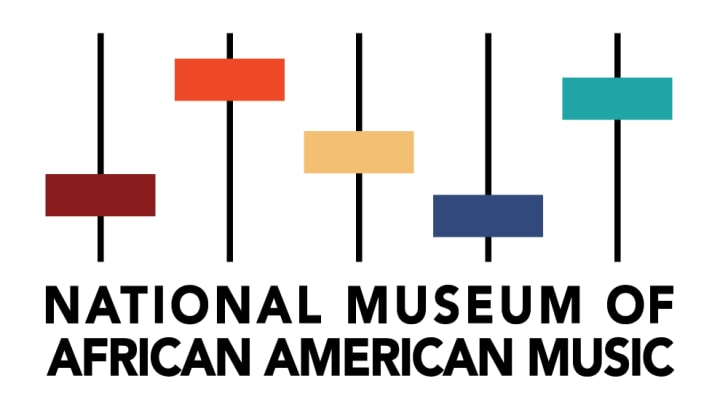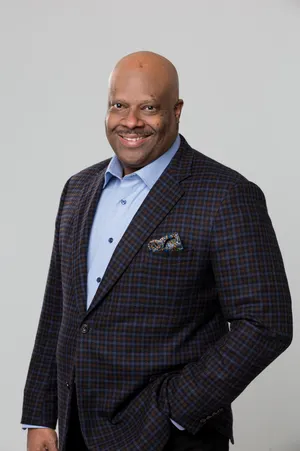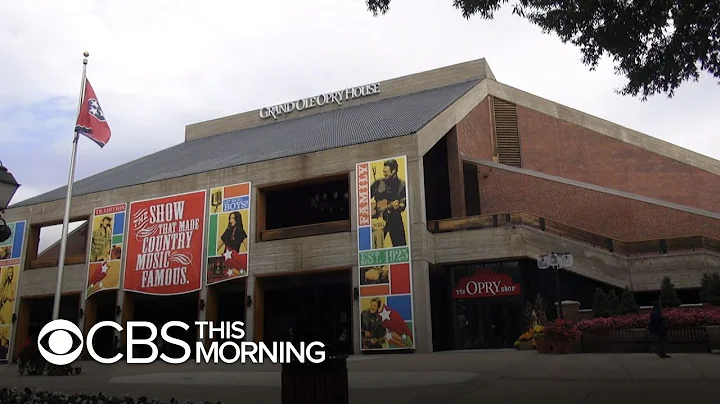Behind the Scenes: One Nation Under a Groove
HB3
on
September 3, 2020
The National Museum of African American Music’s Henry Hicks shares his love of music, the story behind the collections and his hopes for future exhibits
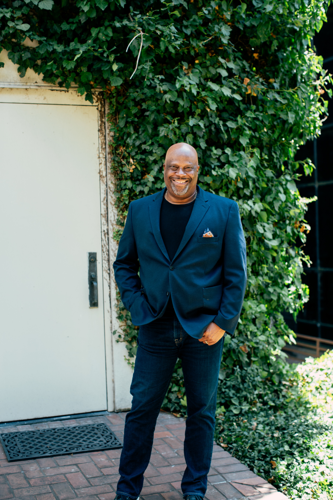
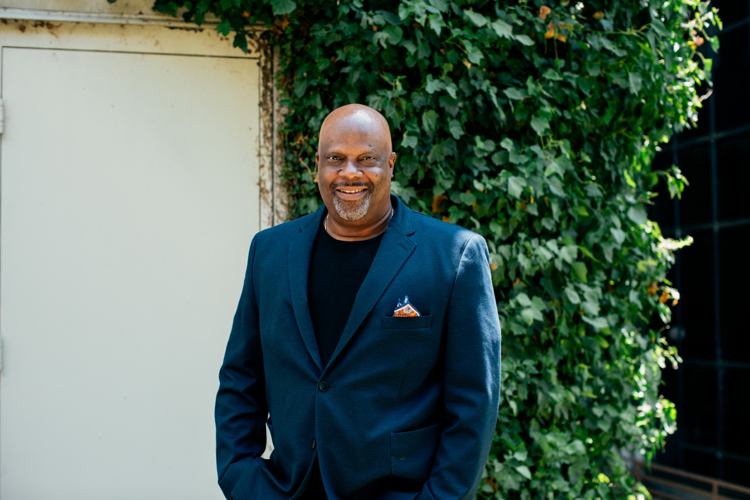
H. Beecher Hicks, or Henry to all who know him, moved to Nashville in 2009 after buying a business here. That he might one day be running a museum — much less one that wasn’t built yet — was probably furthest from his mind. But in 2010, he joined the board of the National Museum of African American Music (NMAAM), and by 2013, he was named its CEO. His impressive career in the private, public and nonprofit sectors made him the perfect choice to make NMAAM a reality.
More than 20 years in the making, NMAAM is finally readying to host a grand opening next year (after being postponed by complications due to COVID-19). The museum will feature a collection of more than 1,500 artifacts and over 25 interactive touch points in five galleries, a theater and library across 56,000 square feet in the new Fifth + Broad development. Combining the best of music museums with history museums, it showcases Black music from the 1600s to the present day and highlights the stories that African Americans have made to American music and culture.
Music is a catalyst for inclusion, and Henry says, “At NMAAM, we bring people together with a unified shout of ‘One Nation Under a Groove.’” Intentionally, NMAAM will also serve as a social justice center by bringing people together and helping people understand the humanity and the genius of African American contributions to our society.
We caught up with Henry, who told us where his love of music comes from, the most fascinating items in the collection and who he thinks we might see in a future exhibit.
For the latest news and updates on NMAAM’s opening, visit nmaam.org.
What is the most important thing you want people to know about NMAAM? It is the manifestation of a dream long held by many hundreds of Nashvillians and embraced by fans from around the country. It is disruptive in that it accurately centers African Americans in the narrative of American culture and music, but it is also a place where all are welcome to come and join in the fun.
What’s the most unusual fact or fascinating item you have found in the collection? The items on loan to us from the Ray Charles Foundation, more than 15 years after his death, were simply hanging in his wardrobe closet at his office. We also have a trombone from Helen Jones Woods, who recently passed. She was an original member of the International Sweethearts of Rhythm, an all-female, multi-ethnic jazz band that toured the country in the 1940s. Just imagine how unique — and dangerous — that was at the time! Each of the artifacts has a story. Families and artists cherish these items; if you look closely, they tell the tale of not just a career but of our country and culture.
Where does your interest in music come from? Music has always been central to my life, from singing in the choir at church, watching Soul Train as a kid, being entranced by hip-hop from its birth, being immersed in D.C.’s go-go music in high school and getting turned on to cool jazz in college. There is a soundtrack to my life. I’ll bet that you have one, too.
Are there any contemporary or up-and-coming musicians today that you can see in a future exhibit? Beyoncé Knowles-Carter and Kirk Franklin are both icons, and each has so much more creativity to share. There will be complex stories to tell about their careers and impact.
When you have out-of-town guests visiting, where do you take them? My wife and I love to go to Bourbon Street Blues and Boogie Bar to see Bizz & Everyday People. It’s a late night but more than worth it. Friends are never disappointed.
What’s your favorite locally made product? Slim & Husky’s pizza and The Cupcake Collection cupcakes.
What’s the best advice you’ve ever received? My grandfather often quoted Henry Wadsworth Longfellow: “The heights by great men reached and kept were not attained by sudden flight, but they, while their companions slept, were toiling upward in the night.”
What’s the one thing you hope never changes in Nashville? The feeling that Nashville is a “big ol’ small town.” The close-knit nature of the community here is what makes it a special place to live and do business.

